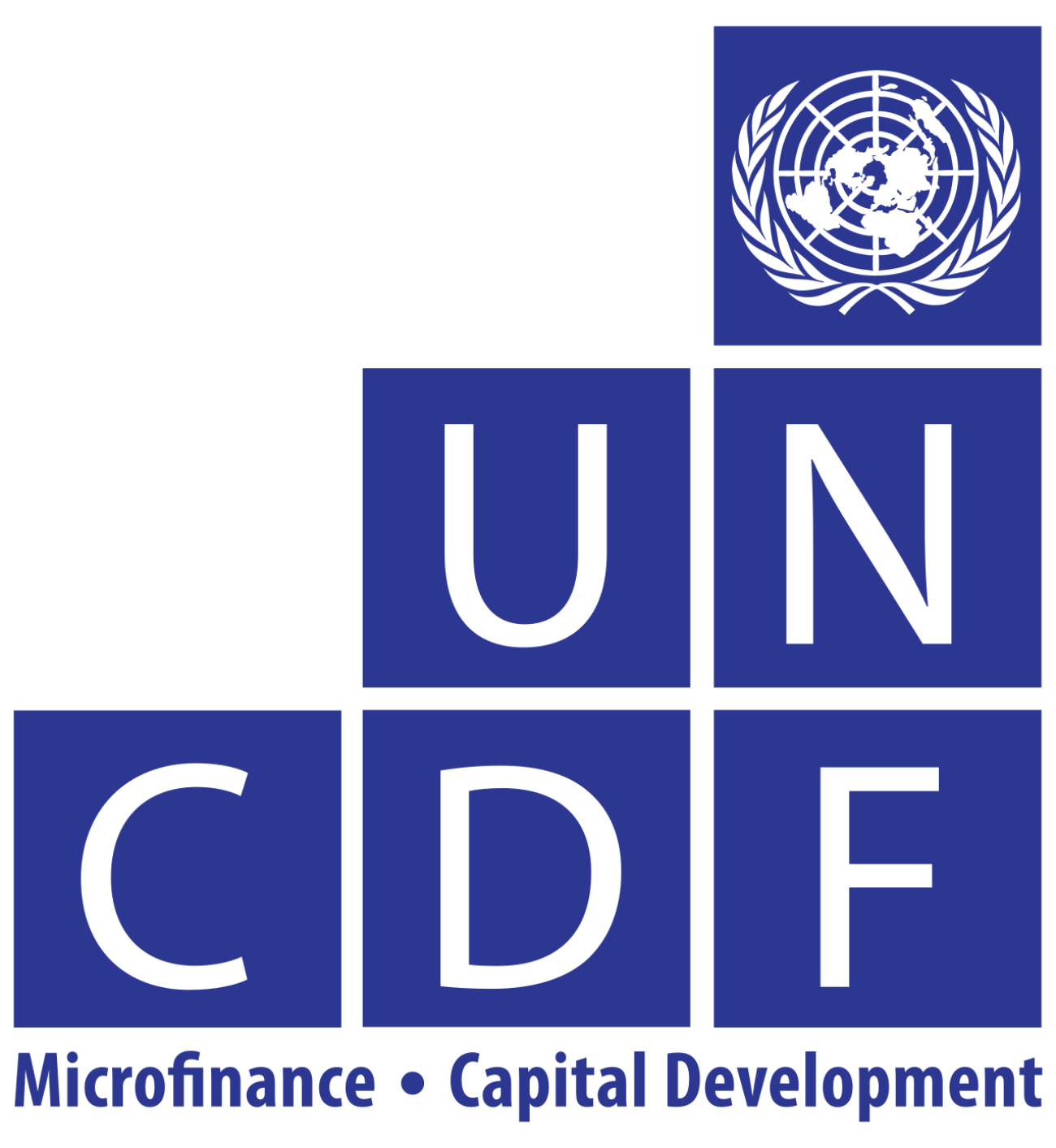Independent assessment praises the design of the Local Development Fund in Somalia as fiduciary sound and robust

Fiduciary risks of providing financial support to Somalia governments have been a matter of concern for development partners
Fiduciary risks of providing financial support to Somalia governments have been a matter of concern for a number of development partners and sometimes prevented the provision of much needed finance for local development in this country emerging from many years of conflict and civil strife.
Whereas the Paris Declaration on Aid Effectiveness and best practices of aid delivery make an emphasis on national ownership and use of national systems, the weaknesses inherent in national public financial management may make practical application of this approach very challenging or even entirely impossible.
To address this conundrum and facilitate international aid flows, UNCDF in 2011 introduced a Local Development Fund in Somalia as part of the UN Joint Programme on Local Governance and Decentralized Service Delivery (JPLG).
The design of the Fund, based on years of UNCDF experience in other countries such as Uganda, Rwanda, Laos, Cambodia and others, promotes strong national ownership of local development while at the same time ensuring fiscal robustness and reducing fiduciary risks through a system of checks and balances.
This has been most recently confirmed by an independent fiduciary risk assessment study of the Somalia LDF commissioned by DFID (the UK Department for Foreign International Development).
The study assesses the overall fiduciary and corruption risks for the LDF as moderate, just one step below the minimum risk level. This is no small achievement, considering that the LDF is operating in a complex and capacity constrained environment, with high national fiduciary and corruption risks.
The report stresses the following LDF design features that ensure that minimize those risks to an acceptable level:
- UNCDF internal control framework for authorization and transfer of payments.
- Verification by UNCDF on national-local system approvals, including approvals by the Ministries of Interior, Finance and certifications by the Office of the Accountant General.
- Verification by UNCDF of the State and local government payments of their mandatory share to the LDF.
- UNCDF-supported system for auditing and scrutinizing the LDF expenditure by the Auditor General.
- Use of UN-approved money transfer system for the transfers from UNCDF account to district accounts using a reputable commercial bank.
The report notes the complimentary feedback of central and local government officials about the LDF in general and UNCDF’s contribution in particular. The mayor of Borama District is quoted as saying that the District feels that they own the LDF projects, which have significantly improved the image of the district administration and council among the community members.
The positive findings of the report is yet another proof of the LDF mechanism’s robustness and resilience even in the most challenging operating conditions and paves the way for additional financial support to the LDF in Somalia by DFID and other major partners. In fact, a few days ago the government of Somaliland made an announcement that it will start using the LDF mechanism for regular district transfers as of next fiscal year due to the Fund’s proven effectiveness and strong fiduciary guarantees.
“Confidence in the fiduciary robustness of the Fund helps improve cohesiveness of the Joint Programme’s financial mechanisms and incorporate a number of existing sector funding windows in the LDF.
In Puntland, for example, the LDF budget next year will increase by $1.6 million due to the inclusion of the education and LED schemes, which are currently funded and implemented outside the Fund,” said Patrick Duong, JPLG Senior Programme Manager.


